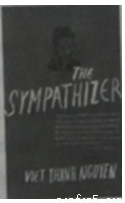0 135094 135102 135108 135112 135118 135120 135124 135130 135132 135138 135144 135148 135150 135154 135160 135162 135168 135172 135174 135178 135180 135184 135186 135188 135189 135190 135192 135193 135194 135196 135198 135202 135204 135208 135210 135214 135220 135222 135228 135232 135234 135238 135244 135250 135252 135258 135262 135264 135270 135274 135280 135288 151629
